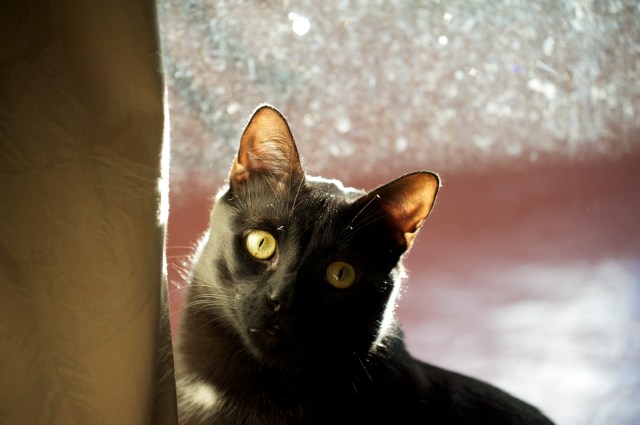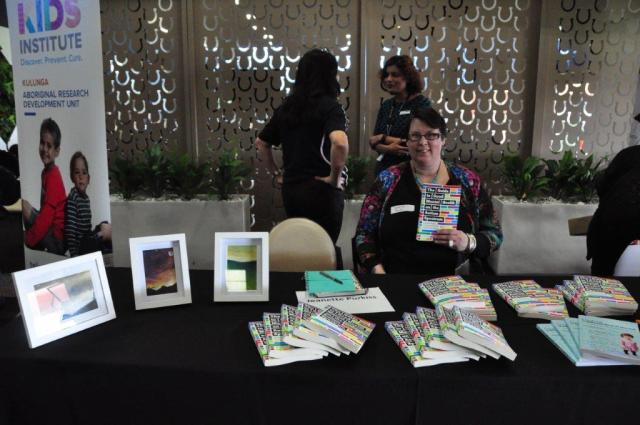In this post I address nine misconceptions around Autism as best I can in a short space.
“You don;t seem very Autistic to me. My nephew is Autistic and he can’t even get the bus.You go to work….”
While Autistic people often share a number of general characteristics, we are all individuals. Two Autistic people can be vastly different from one another. Autism is not a determinant of character or what path through life we may take. It is a different neurology, or a different way the brain is ‘wired’ to non-autistic people’s. Suggesting that someone is ‘not Autistic enough’ is highly insulting. Autistic people may have significant challenges which they manage well wiht strategies or they may keep their struggles hidden. Unless you are that person or live closely with them, you can’t really assess what their Autism means for them. And I really don’t enjoy having to justify ‘how Autistic I am’ to somebody I barely know!
“Are you high functioning?”
Levels of ‘high’ or ‘low’ functioning Autism can be fraught and very unhelpful. The functioning label is often seen as a life-long thing. However this can be inaccurate and misleading. An Autistic someone who works full-time might have a meltdown. So while they are working their functioning is doing one thing but during the meltdown their level of functioning is different. A functioning label fails to describe the frequent changes in ability to cope that can occur in an Autistic person’s life.
People described as ‘low functioning’ are often non-verbal. The low functioning label is often used as a shorthand for intellectual disability but that is a separate condition from Autism and nonverbal people often do not have any intellectual disability. In fact many nonverbal Autistic people are highly intelligent. The functioning label can also become something of a self-fulfilling prophecy for Autistic young people with the ‘low functioning’ ones being given negative messaging and low expectations fir their life and their ‘high functioning’ peers often having unrealistically high expectations put on them and their issues ignored because they come across as articulate. I try not to use functioning labels around Autism at all.
“Are all Autistic people geniuses / computer ‘nerds’ / like Sheldon Cooper in The Big Bang Theory?
Many Autistic people respond well to technology. Some of us are certainly highly proficient at IT-related tasks. However Autism covers the full range of cognitive and intellectual abilities, learning styles and interests. Some people on the Autism spectrum are excellent at art and writing, some are good at maths and some others are great at sports. We are all different.
To assume all of us are highly intelligent is often quite unhelpful. Intellect is not much of a measure of someone’s value and for people on the autism spectrum who are not highly proficient with intellectual or technical tasks, assuming we are all computer geniuses can be exclusionary and can cause feelings of inadequacy.
“Autistic people don’t have relationships or sex”
Many Autistic people are sexual beings in the same way that anyone else is a sexual being. They have relationships, marriages, casual sex and all other sorts of sexual interactions. A lot of Autistic people identify as being queer or gender diverse. While some Autistic people identify as asexual this is not the reality for everyone on the spectrum. Just because Autistic people might not fit the stereotype of who should be having sex and relationships, it doesn’t mean we don’t – or for that matter, that we shouldn’t – do it.
“Autistic people shouldn’t have children”
As with many other disabilities, there is a lot of prejudice around Autistic people raising children. On a personal level I will say that my mum is diagnosed on the Autism spectrum, like me, and she has always been the perfect parent for me. Moving past my own experience and there are a good many Autistic parents in the world. Some evidence suggests that Autistic parents can be a better fit as parents of an Autistic child as they understand their child better than a non-autistic parent would. Autistic parents tend to do some things worse than typical parents and other things better. Autism certain doesn’t preclude someone from parenting or from being a good parent.
“Non-verbal Autistic people have an intellectual disability”
While it is sometimes the case that Autistic people who do not use speech / are nonverbal have a co-existing intellectual disability this is not always the case. Many non-verbal Autistic people are highly intelligent. Many use a communication device to express their thoughts. This TEDx Melbourne talk by Tim Chan who is a nonverbal Autistic man will give you some idea of the issues around non-speech communication and Autism. https://www.youtube.com/watch?v=Woy-XzC-UVs&index=2&list=PLzX8PtR8aW8FCl_QxXV-yy35UOkbWI5fe
“Autistic people can’t work”
It is true that some Autistic people cannot work at all but many of us have jobs in the full range of industries. It can be difficult for us to find and keep a job and Autistic people are certainly overrepresented in unemployment and welfare statistics. It is likely that a lot of the difficulties surrounding work for Autistic people involve a lack of willingness for employers to take them on rather than the Autistic job seeker’s lack of skill or willingness to work. A lot of Autistic people do work and can be highly skilled employees. We often bring some great soft skills to the workplace, like honesty, enthusiasm, attention to detail and a work ethic. It would be great to see more employed autistic people t this is an area for ongoing attention.

“Autistic people are rude”
Autistic people usually interpret the world and communicate differently to non-autistic people. We generally want to be liked and our intention is to be respectful of others. The issue that can happen is one of a different culture of social communication between Autistic and non-autistic people. ‘Typical’ people communicate using a number of means: things like eye contact, body language, facial expression, tone of voice and the words actually spoken. There are a number of unwritten social rules which govern the communication of non-autistic people.
For those of us on the Autism spectrum we usually communicate using the words spoken. We tend to be quite honest and ‘straight up’ in the way we talk. It is hardly surprising that we make social ‘errors’ but these are almost always unintentional. I find it is terrible to know that I have made a social ‘mistake’ and people are upset with me as I never want to upset people. If more people understood about he differences in communication between Autistic and non-autistic people they would understand that our apparent rudeness is often just a misunderstanding of different communication styles.
“An autistic child is a lost child, a tragedy’.
This is the most hurtful thing you can say to me as an Autistic woman. I had a very difficult childhood and early adulthood. My parents never said they regretted having me. They loved me and I became a much happier and more fulfilled person as I grew older. It is not a tragedy to bring a human being into the world. If parents think that, consider the messaging their Autistic child will receive in his or her formative years? I understand that parents of newly-diagnosed children can struggle considerably but they need to be supported with appropriate services and professionals, not told their child is ‘a tragedy’. Some groups prey of the vulnerability of parents pf newly diagnosed kids and sell them dangerous and abusive ‘cures’ like bleach enemas. This is absolutely Not OK. Ever!
Final thoughts
I value and respect myself as an Autistic woman. My journey has been and still is hard at times. I live in a world which often victimises and ostracises ‘difference’ but I love who I have become. I wish I had answers to all these misconceptions when I was younger. We do have a long road ahead of us but we are strong, creative, sensitive and powerful people. Let’s do this thing. Let’s change the world!





 “How did I get in here??”
“How did I get in here??”
